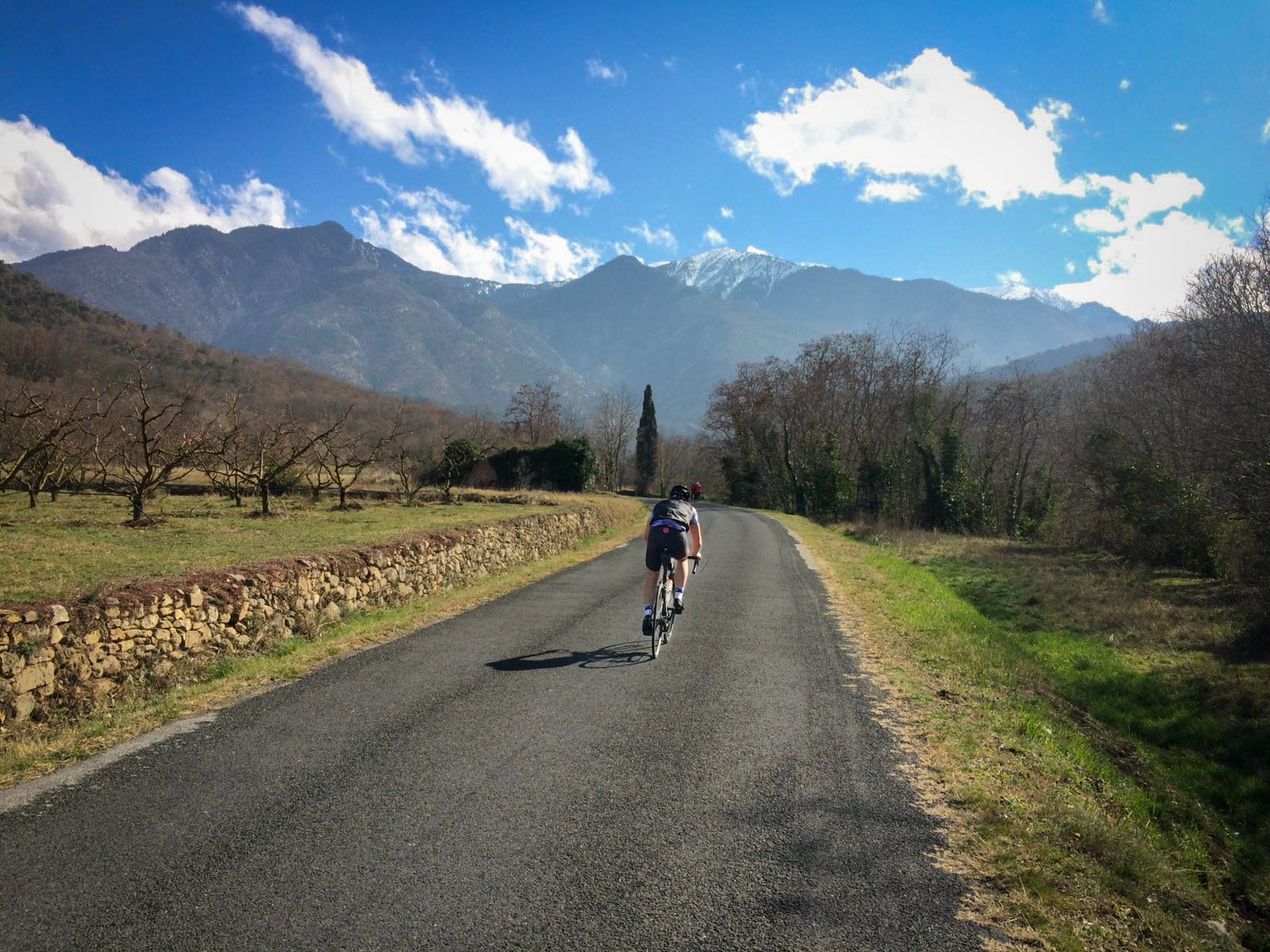Spotting the Signs of Over Training in Endurance Cycling and Running

Spotting the signs of over-training and intervening early can help you to avoid months off the bike and save your ultra event.
The first step to over-training is often under-recovery. Even if you feel good it’s worth regularly checking your training to check that you are having regular easy periods. You can use the 'form' metric in TrainingPeaks or Strava and ensure it is allowed to rise to around 0 at least once per month. If use another method, just be sure to have a very easy week - it doesn't have to be complicated with numbers if you don't like them.
Signs to look out for
- Frequent illness; If you find you are getting infections frequently this can be a sign that your immune system is compromised. Typical illnesses are upper respiratory infections like colds, throat and chest infections, cold sores and other variations of the herpes virus like warts, verrucas shingles, thrush, mouth ulcers; some people also experience hair loss (alopecia).
- Loss of motivation. An unusual lack of motivation to train and/or do other things you normally enjoy.
- Loss of libido.
- Disturbed sleep - waking early or just feeling that you don’t get deep sleep, you wake feeling unrefreshed and want to go straight back to bed.
- Unusual thirst especially at night.
- Fatigue - feeling unusually tired and lacking in energy in and outside training.
- Mood changes - negative mood changes from your usual base line - unusual grumpiness, depression.
- Drifting of heart rate and power zones (having to work harder to produce the same power).
- Unresponsive heart rate when training.
- Increased Perceived Exertion (RPE) for the same powers/speeds/workouts.
- Unusual muscle aches.
- Frequent injury.
- Weight loss (planned or unintentional).
- For women amenorrhea (loss of periods).
What to do
If you catch things early, before they drift too far, an easy week or a few days off and a cautious return can be enough to get things back on track.
More rest is required the worse things get and if you are in a state of Chronic Overtraining it can take, weeks, months or even years to get back to normal.
So be careful and if you think you may be getting into trouble, err on the side of caution and consider talking to someone who is experienced in helping athletes. A bit of help now may avoid a lot of unhappy suffering.
We are here to help, so just comment on this email and we will get back to you, or if you want to keep things private you can use the contact form on this website - it doesn't cost anything to check-in for an objective opinion.
Subscribe to our blog
Please share with your friends
Other articles you might like
May 20, 2024

Comments